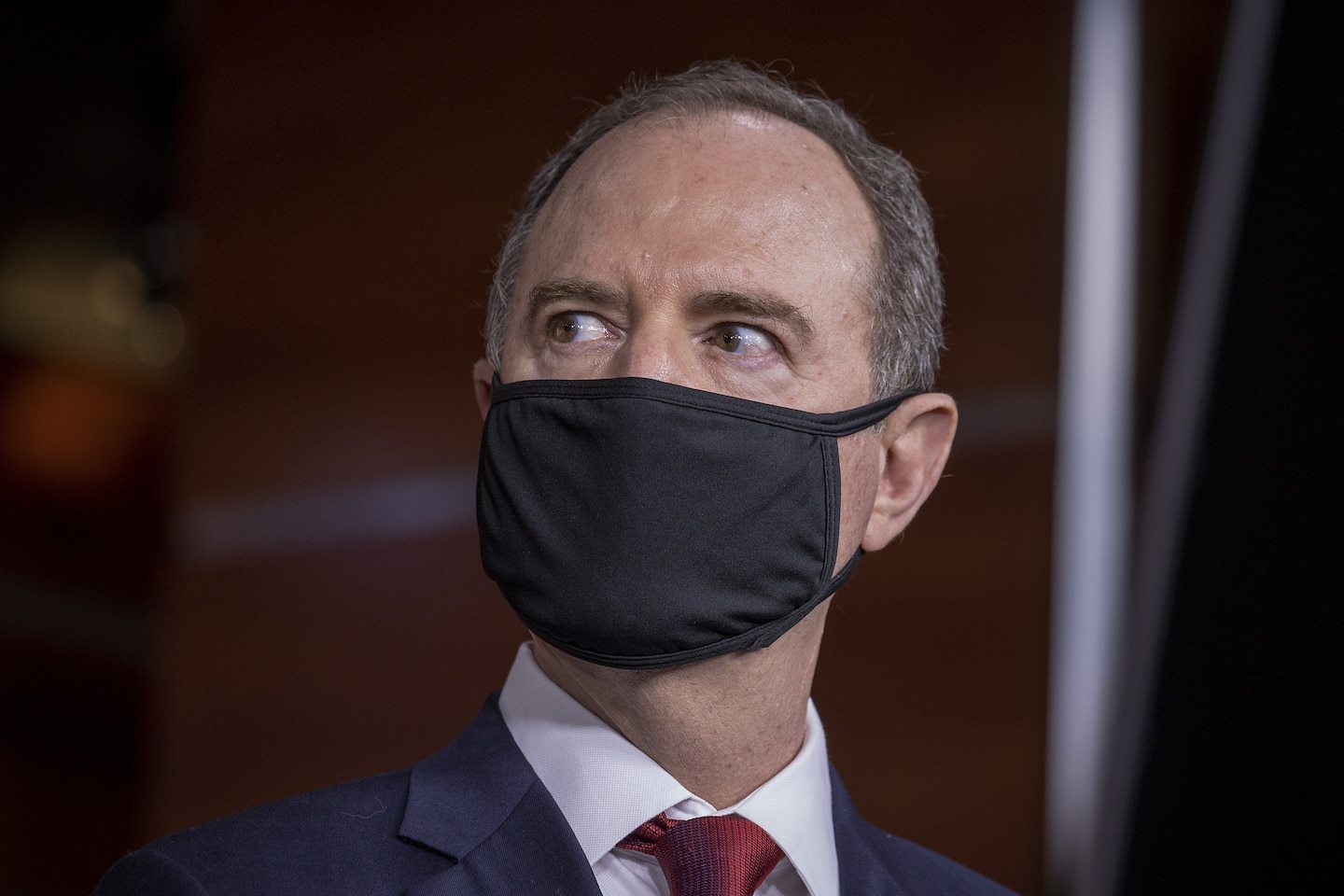Democrats brace for a flood of disinformation about vote-by-mail

The news is that foreign interference is happening right now. It says “our adversaries” are “seeking to compromise the private communications” of campaigns and candidates — which appears to mean efforts at another 2016-style cybertheft.
It also says adversaries are “seeking to compromise our election infrastructure,” though it argues that the complex patchwork of our election systems will make it “extraordinarily difficult” to get away with broad disruptions.
The statement also says this:
In addition, foreign nations continue to use influence measures in social and traditional media in an effort to sway U.S. voters’ preferences and perspectives, to shift U.S. policies, to increase discord and to undermine confidence in our democratic process.
Specifically, it says that Russia in particular is trying to undermine such confidence, via the “spread” of “disinformation.” In other words, there are active disinformation campaigns underway, they are focused on undermining public faith in our democracy, and Russia is pushing such messaging.
This is what Trump’s own intelligence officials are now telling us. Yet, as Democratic leaders pointed out in their own statement in response, we need a far more “concrete and specific statement” from Trump’s intelligence officials about what all these efforts really entail, so voters can be protected against them.
This needn’t be a partisan point. A bipartisan Senate report on 2016 Russian interference concluded that once outside influence operations are “detected, the public should be informed as soon as possible.”
When it comes to disinformation, this would mean more specific answers to what disinformation is being spread, and how is it intended to mislead the public about the electoral process.
Here’s one possible reason Trump’s intelligence officials might be constrained from answering that question in great detail: because there will likely be no shortage of overlap between what that disinformation is saying and what Trump is saying on a regular basis.
Trump’s own intelligence officials tell us that disinformation efforts are now trying to undermine confidence in the democratic process. But you know who else is doing that? Trump, that’s who.
The president routinely claims that vote-by-mail — which should be scaled up to allow as many people as possible to exercise their right to the franchise without putting their health and lives at risk — will be riddled with fraud. He suggests that, due to vote-by-mail, the outcome won’t be legitimate unless he wins.
Do you think that maybe Russian disinformation might end up trafficking in something similar to that, if it isn’t already?
Rep. Adam B. Schiff (D-Calif.), chair of the House Intelligence Committee, hinted at this on MSNBC when he said he fears the Russians will “amplify the false messages that the president is putting out” about vote-by-mail.
Schiff said the Russians might seek to spread disinformation about mail balloting to “sow chaos in the United States,” adding: “What better way than to amplify false information about how millions of Americans cast their votes?”
On Election Day, the outcome might be unclear because untold mail ballots remain uncounted, yet Trump might declare victory, insisting those uncounted votes are illegitimate. Or, if the mail ballots are counted and it tips the outcome against Trump, he might scream the election is being stolen. The suggestion here is that Russian disinformation might seek to amplify such claims and exacerbate resulting civil conflict.
Clint Watts, an information warfare expert at FPRI who tracks disinformation, tells me that Russian disinformation will seek to undermine our elections in exactly this way, and that this is already happening.
“Russian disinformation about mail-in ballots repeats what President Trump is saying about mail in ballots,” Watts told me. “Russia is using Trump’s comments to undermine American confidence in mail-in ballots and the electoral process.”
Watts noted that if officials wanted to communicate to the public that Russia is trying to undermine faith in vote-by-mail — and genuinely safeguard voters against such disinformation — they might do some kind of joint press briefing with election security officials at the Department of Homeland Security.
In this scenario, intelligence officials could stress that some Russian disinformation efforts are trying to undermine faith in vote-by-mail, while the election security officials could specify what they’ve “done to secure it,” Watts says.
Of course, Watts says, such a move would inevitably “counter the president.” Which is exactly the problem.
Read more:






